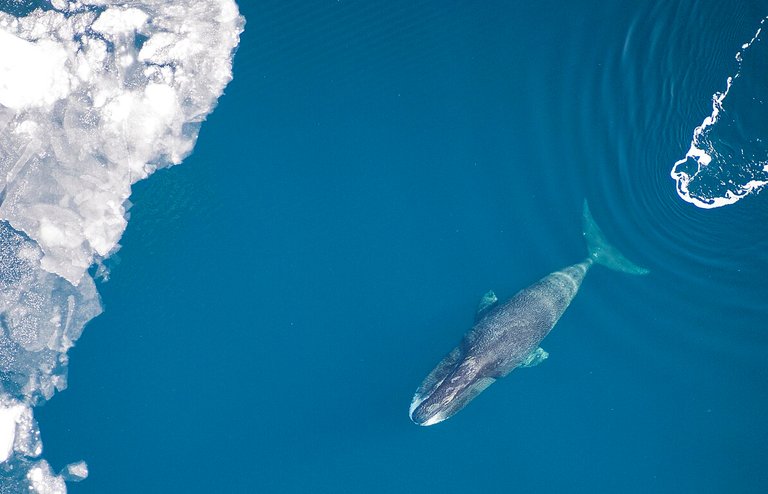One reason why Greenland whales live long could be their ability to repair DNA

One of the reasons why Greenland whales live so long could be their ability to repair DNA mutations, according to a study published in Nature. The results could be important for a better understanding of the mechanisms of aging and longevity.
The Greenlandic whale (Balaena mysticetus) is not only one of the largest known animals (over 80 tons), but also one of the most inhabited: up to 200 years. While these sizes and longevity could be expected to be highly predisposed to cancer (because mutations in DNA would be more likely to occur), the data do not show this.
The researchers examined the likelihood of whale cells becoming cancerous cells by inducing an oncogenic stimulus (e.g., ultraviolet rays). And they found that whale cells had fewer mutations than humans. This suggests that they have the ability to repair DNA damage. Indeed, when DNA repair processes were examined, they found that double strand breaks were repaired more and better in whale cells.
They also identified a protein associated with DNA repair and found that this protein improves DNA repair in human cells and prolongs life in fruit flies.
Buletina
Bidali zure helbide elektronikoa eta jaso asteroko buletina zure sarrera-ontzian











